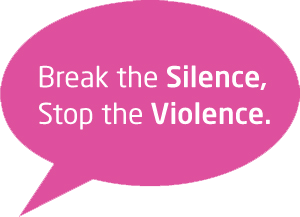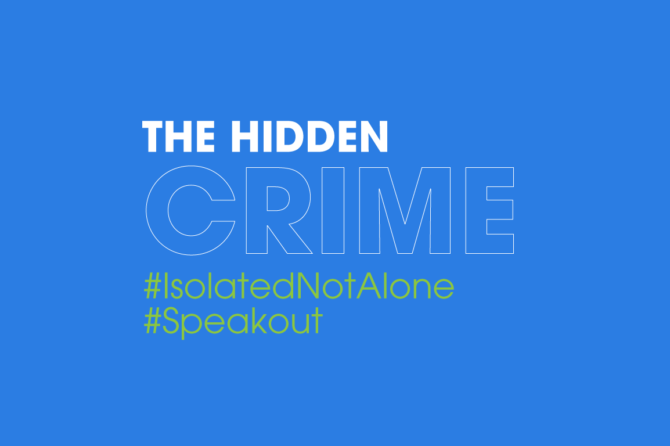An article by : Nicoletta Pallotta
October is Domestic Violence Awareness Month.
Social isolation and working from home, aimed to stop the spread of the coronavirus may be making domestic violence more frequent, more severe and more dangerous. Are you or someone you love being abused? 1 out of every 3 women are in an abusive relationship and this issue becoming even more common during COVID-19, while we are stressed and forced to spend large amounts of time at home together.
Below are 10 common indicators of abuse:
- Stalking: questioning your every move while telling you that they love you and are being protective
- Texting or calling you constantly; insisting they are concerned about you and want to make sure that you are safe
- Controlling your finances: forcing you to account in detail for every dollar that you spend
- Criticizing you for every little thing you do
- Humiliating you in front of your family and friends
- Angering easily, particularly if he or she is drinking
- Forcing you to have sex against your will
- Hitting or punching you
- Jealously of friendships or any other relationships you have
- Isolating you from family and friends
If you can say yes to even one of these, you are in an abusive relationship.
During a calm stage, it’s easy to remain in the relationship thinking that it won’t happen again, but it doesn’t help to ignore the problem or live in hope that the abuser will change. It’s very important to be prepared and have a safety, back-up plan in case the violence erupts again.
Be prepared in case you need to call a shelter
It’s not accepting defeat to be ready. Find out about legal options or other resources available to you before you have to use them. You should know exactly where to go and how to get there, even if a situation arises the middle of the night.
Prepare an emergency bag, for a quick exit
Keep cash, a checkbook, your savings account details, identification, a medical insurance card and your address book in a safe place where the abuser can’t find it. The last thing you want to be worried about at a time like this is money!
Leave the situation
If it happens, be ready to go. If you have children, take them with you. If you are in immediate danger call 911.





